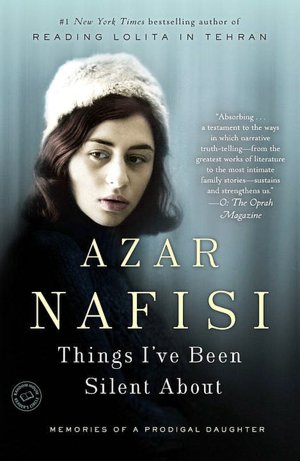
Crow Planet, Essential Wisdom from the Urban Wilderness, provides the reader with a message of environmental balance between greeting each day as a pollyanna or being a "hand-ringing nihilist". She provides helpful ecological bookmarks for those of us who vacillate between despair and hope.
When I ask a client the direction their home faces -- north, south, east or west -- and they don't know I feel despair. Then, when I ask, "where does the sun come up?" and they still do not know, I'm certain we are doomed. How can there be a thoughtful interaction with nature and humans when our human connectivity is so lacking, so damaged by our modern ways? This is when I become one of those hand-ringing nihilists. Then I look out my window and the world is so remarkable with the garden bursting in beauty, and I find myself singing my way into a Pollyanne state of mind. Back-and-forth, up-and-down, hopeful one day and in despair the next.
Haupt seems to have a handle on this and can see the strengths of wild and wilderness that survive the human onslaught as she mourns urbanization. She does so with a balance I strive to achieve. She honors the adaptive survival of the abundant crow population as hope for the future. She celebrates the crow's intelligence and adaptability. She observes and learns, not just about crows but about her world. She is alert.
The book is meditative and wise, fun and informative, sensitive and entertaining as Haupt's observations of crows blends their place in nature side-by-side with our human place in nature. She doesn't allow us to be "other" as we often pretend we are and she urges us to connect with a more-than-human world.
Crow Planet is a quick and thoughtful read by a local author. I recommend it. But then, I've always loved crows!
Review by Fran









